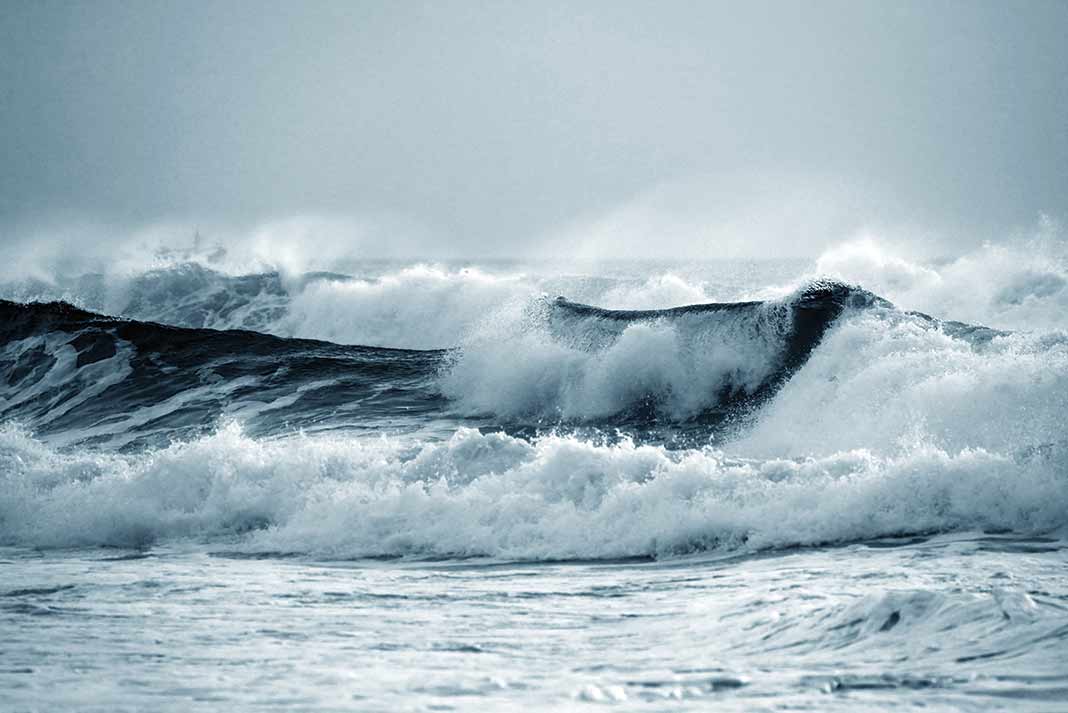
The world has lost its way. The physical and political turmoil we face is symptomatic of a failed system of values unable to support our environmental, social, economic and political security. We look forward with uncertainty and despair, and we become vulnerable to the simplistic solutions and actions that will only make the situation worse.
Since the industrial revolution, we have placed our faith in an operative paradigm that promotes unlimited growth based on consumption enabled by fossil fuels. And it is true to say that no one on Earth today has failed to benefit in some way as a result, that quality of life has kept pace, and has increased in many places, with dramatic upticks in population and social expectations in the 20th century.
But now the negatives seriously overwhelm the positives as evidenced by the environmental degradation and the effects of air, land, and water pollution and the global instability we see around us. The scientific community tells us so, and the market tells us so. The evidence of climate change and its pervasive and complicated impacts on how and where we live is incontrovertible. The collapse of the oil market, the glut of supply, the reliance by states and communities on a single means for generating revenue and employment — all of these are declarations of fact and failure that is inflicting real pain, disruption and collapse of worth for economies, communities, and individuals the world over.
The old equation is bankrupt.
Resistance to the end of the age of oil is inevitable. But there are only two reasons to explain it: intransigent vested interest by those who have attached their livelihood to a dying star and the fear of change that must inevitably follow. Our leaders are either compromised by their past beliefs and engagements or paralyzed by lack of imagination and incentive to invent a way forward.
The fundamental question becomes, what’s next?
Let me suggest a new paradigm and a new way forward for the 21st century: managed growth based on sustainability enabled by the ocean and the movement of water — from ocean to atmosphere to land and watershed to ocean and round again — these circles and cycles of circulation and conveyance nurture our world and hold the key to our survival. We learn of the water cycle in our first science class as a fundamental explanation of how our planet breathes and sustains life in all its forms. Seventy percent of our planet is covered by water, and of that, 97 percent is salt water, and 2 percent of the remaining fresh water is frozen in the polar regions. That leaves 1 percent to meet our needs for drinking water, food, health and hygiene, energy and social order.
This new 21st century paradigm has impeccable logic. We must continue to grow to meet the needs of burgeoning populations. We must do so without exhausting or poisoning resources for ensuing generations. We must have water and the food it supports lest we decline and die. We can live without oil and gas; we can live without gold and diamonds; we can even live without chocolate; but we cannot live without water, the most valuable resource on Earth.
Why, then, would we not organize our systems of value, social structure, and individual behavior around it?
This paradigm calls for a new “hydraulic society” whereby the ocean and the movement of water is conserved, managed and re-utilized to meet basic human needs and the goods and services required to sustain them. We can conserve through awareness, and changed public behavior to increase the capacity of the water we already have. We can desalinate to meet our future fresh water needs. We can manage our fisheries through policy and aquaculture to provide essential protein and associated employment.
We can generate energy through wind, solar, tides, currents and geothermal production. The ocean is an enormous heat pump, with almost infinite capacity, and can provide power generation in the coastal areas where many around the world choose to live. We can investigate ocean species toward cures of diseases now and yet to come. We can price water as an universal right guaranteeing every individual a minimum supply at no cost to meet essential need. We can establish a valuation and pricing system based on utility and need rather than on private ownership.
We can lay the foundation of this change on the “public trust doctrine,” an enduring concept of law wherein the public is seen as the true shareholders of our natural resources, with the government acting as its trustee, charged with the management of the asset to public advantage now and for future generations. If we conclude that government today has failed in this role, then we should replace it with representatives who understand this responsibility and those who will accept a new accountability going forward.
All of this can be achieved now, with existing knowledge and technology, if we can only discover the political will to make it so. If we can wrap our minds around the new paradigm, understand the authenticity and implication of “hydraulic society,” apply its logic, and act in our own and our children’s best interest as the beneficiaries of this planet’s natural value, we can surely transcend the short-term profiteers, political fear-mongers, and subversive opportunists who are loathe to progress.
The world cries out for a context for change, a vision for the future that moves us beyond hopelessness to a better place. We need an ocean ethos, a change in the fundamental spirit of our culture, organized around the pure and enduring value of our water planet.









